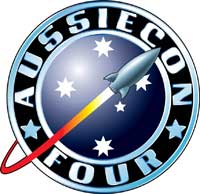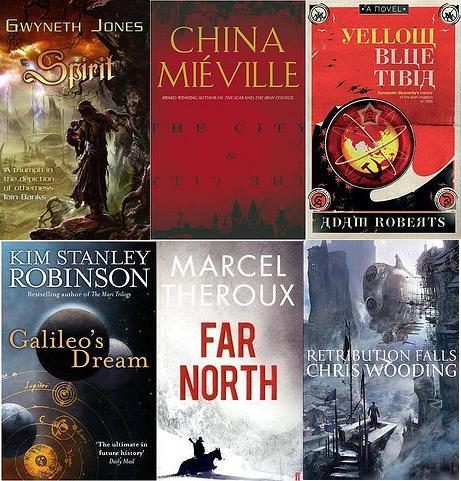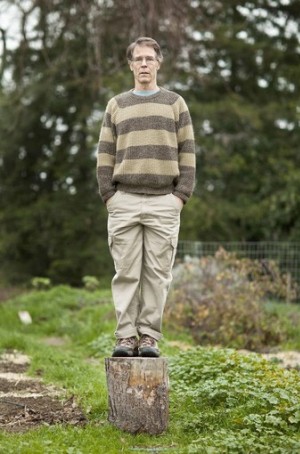Locus Award nomination + Dune article
Submitted by Kimon
The finalists for the 2010 Locus Awards have been announced and Kim Stanley Robinson's Galileo's Dream is in the shortlist for Best Science Fiction Novel, along with Kage Baker's The Empress of Mars, Nancy Kress's Steal Across the Sky, Cherie Priest's Boneshaker and Robert Charles Wilson's Julian Comstock: A Story of 22nd-Century America. Nominees and winners are established by Locus Magazine's readers' poll. Winners will be presented during the Science Fiction Awards Weekend in Seattle in June 25-27, 2010.
Also, the LA Times have published an article on Frank Herbert's Dune, the classic science fiction novel with mystical and environmental themes, and Kim Stanley Robinson offered his appreciation and recognizes it had a positive influence on his writing:
"The planet was something you could really feel," says Robinson, whose latest novel is "Galileo's Dream." "Herbert spent a lot of time outdoors -- you can see it in the writing, he's seen things you can only see if you've been there. It's physical and expansive."
Robinson calls "Dune" a big influence: The book showed him, he says, that "you could talk about the future of the wilderness. It gave me courage. I knew that people were willing to read at great length and that the world could be a character."
But Herbert's future vision of a galaxy with numerous populated worlds seems out of step with the deflated present. "The future," says Robinson, "doesn't look to be off-planet in any near-future time frame."
Finally, the release date for the paperback for Galileo's Dream in the USA appears to be December 28, 2010 (according to Amazon.com); the UK release date is August 5, 2010. Both releases come exactly one year after the hardcover release in each country.
The release date for The Best Of Kim Stanley Robinson is August 15, 2010.



